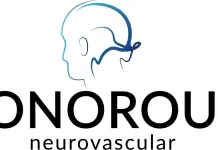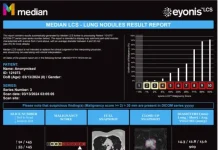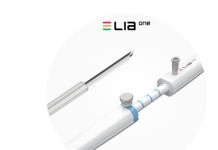Renata Medical shared the FDA approved its first-of-its-kind Minima growth stent tailored for neonates, infants and young children. Newport Beach, California-based Renata designed the stent to re-expand over the course of the child’s growth period. The company says its approval marks a “groundbreaking advancement” in care for young children with congenital heart defects.
Renata won FDA approval for Minima in the treatment of vessel narrowing — or stenosis — in the aorta or pulmonary arteries. Narrowings can force the heart to work harder. When left untreated, a stenotic aorta or pulmonary artery can lead to heart failure and possibly death.
Related: FDA approves electrical nerve stim tech from Neuros Medical
“Renata Medical is honored to partner with those helping children born with congenital heart disease,” said Dustin Armer, co-founder and CEO, Renata Medical. “The approval of the Minima Stent is a huge milestone for our company, achieving the goal of providing the first stent designed and approved for small, growing children that are unfortunately some of the most vulnerable and overlooked patients.”
The company says Minima represents a minimally invasive solution that expands over the course of a child’s life. Delivered through the vein or artery in the groin or neck with a small needle, the device has a unique design. It features long, thin frames (struts), allowing crimping down to less than 2mm.
Renata’s proprietary design helps the stent expand to larger sizes while maintaining enough force to keep the narrowed vessel open. As a result, patients receiving Minima only need one day in the hospital before they can return home. When the stent needs expanding, they may go home the same day.
Clinical results for Minima demonstrated 97.6% effective stenosis relief. All patients evaluated were free from additional surgical intervention at 6 months following implantation. Safety proved strong as well, as 100% of patients reported freedom from major device-related adverse events through six months.
As of today, the company made its stent commercially available in the U.S.
“The approval of the Minima Stent is going to have a profound positive effect on our most vulnerable cardiac patients around the world, namely, infants and small children,” said Dr. Evan Zahn, director of the Congenital Heart Program at Cedars Sinai Medical Center and chief medical officer at Renata Medical. “Having a minimally invasive stent designed specifically to treat these babies and re-expand to keep pace as a child grows is a monumental advancement for our field.”




